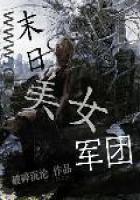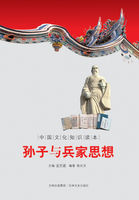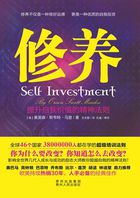Can we isolate reason, and, if so, is it in this case a peculiar source of conceptions and judgements which spring from it alone, and through which it can be applied to objects; or is it merely a subordinate faculty, whose duty it is to give a certain form to given cognitions- a form which is called logical, and through which the cognitions of the understanding are subordinated to each other, and lower rules to higher (those, to wit, whose condition comprises in its sphere the condition of the others), in so far as this can be done by comparison? This is the question which we have at present to answer.Manifold variety of rules and unity of principles is a requirement of reason, for the purpose of bringing the understanding into complete accordance with itself, just as understanding subjects the manifold content of intuition to conceptions, and thereby introduces connection into it.But this principle prescribes no law to objects, and does not contain any ground of the possibility of cognizing or of determining them as such, but is merely a subjective law for the proper arrangement of the content of the understanding.
The purpose of this law is, by a comparison of the conceptions of the understanding, to reduce them to the smallest possible number, although, at the same time, it does not justify us in demanding from objects themselves such a uniformity as might contribute to the convenience and the enlargement of the sphere of the understanding, or in expecting that it will itself thus receive from them objective validity.In one word, the question is: "does reason in itself, that is, does pure reason contain a priori synthetical principles and rules, and what are those principles?"The formal and logical procedure of reason in syllogisms gives us sufficient information in regard to the ground on which the transcendental principle of reason in its pure synthetical cognition will rest.
1.Reason, as observed in the syllogistic process, is not applicable to intuitions, for the purpose of subjecting them to rules- for this is the province of the understanding with its categories- but to conceptions and judgements.If pure reason does apply to objects and the intuition of them, it does so not immediately, but mediately-through the understanding and its judgements, which have a direct relation to the senses and their intuition, for the purpose of determining their objects.The unity of reason is therefore not the unity of a possible experience, but is essentially different from this unity, which is that of the understanding.That everything which happens has a cause, is not a principle cognized and prescribed by reason.This principle makes the unity of experience possible and borrows nothing from reason, which, without a reference to possible experience, could never have produced by means of mere conceptions any such synthetical unity.
2.Reason, in its logical use, endeavours to discover the general condition of its judgement (the conclusion), and a syllogism is itself nothing but a judgement by means of the subsumption of its condition under a general rule (the major).Now as this rule may itself be subjected to the same process of reason, and thus the condition of the condition be sought (by means of a prosyllogism) as long as the process can be continued, it is very manifest that the peculiar principle of reason in its logical use is to find for the conditioned cognition of the understanding the unconditioned whereby the unity of the former is completed.
But this logical maxim cannot be a principle of pure reason, unless we admit that, if the conditioned is given, the whole series of conditions subordinated to one another- a series which is consequently itself unconditioned- is also given, that is, contained in the object and its connection.
But this principle of pure reason is evidently synthetical; for, analytically, the conditioned certainly relates to some condition, but not to the unconditioned.From this principle also there must originate different synthetical propositions, of which the pure understanding is perfectly ignorant, for it has to do only with objects of a possible experience, the cognition and synthesis of which is always conditioned.The unconditioned, if it does really exist, must be especially considered in regard to the determinations which distinguish it from whatever is conditioned, and will thus afford us material for many a priori synthetical propositions.















